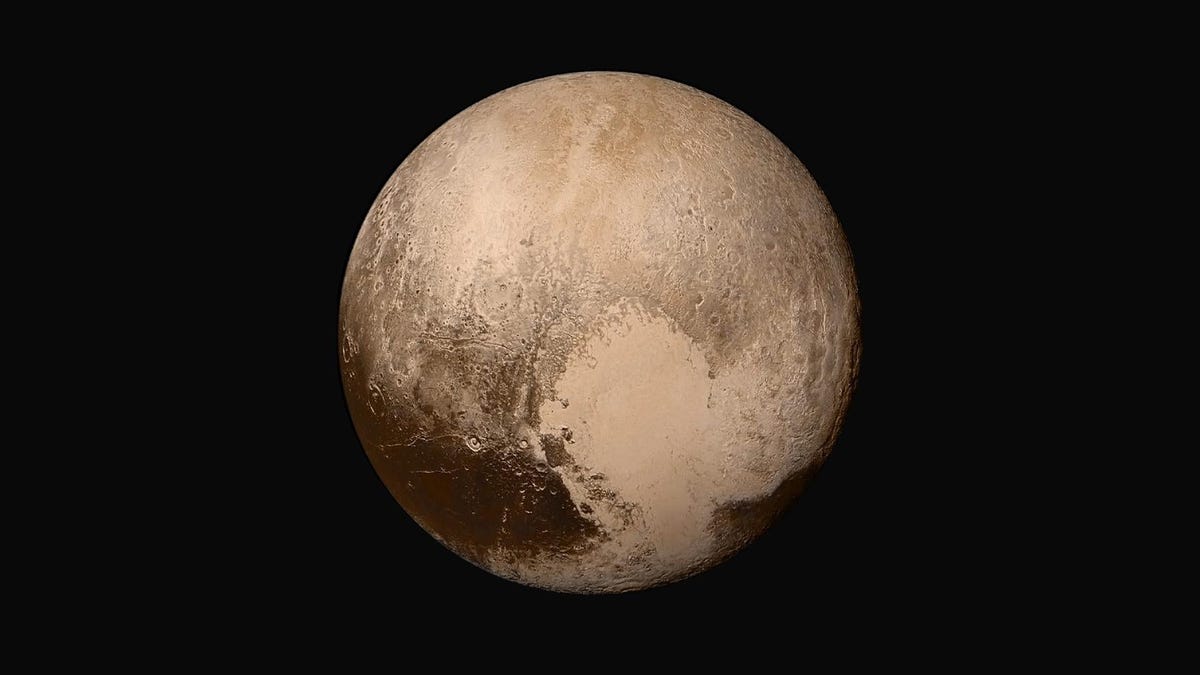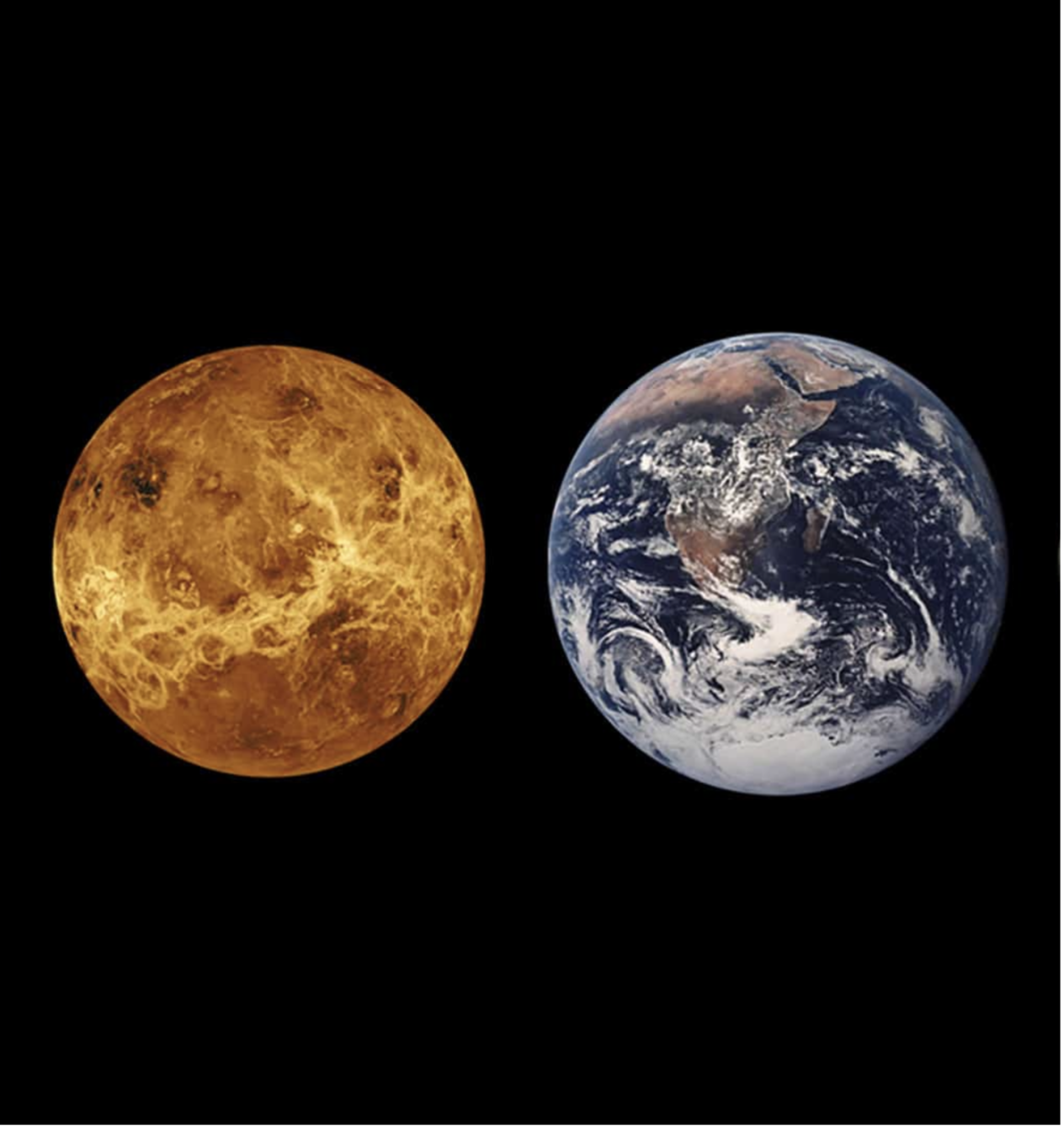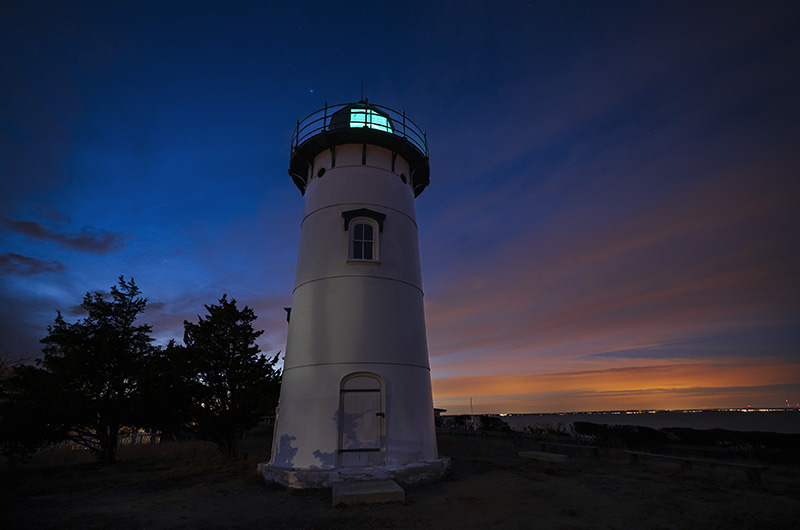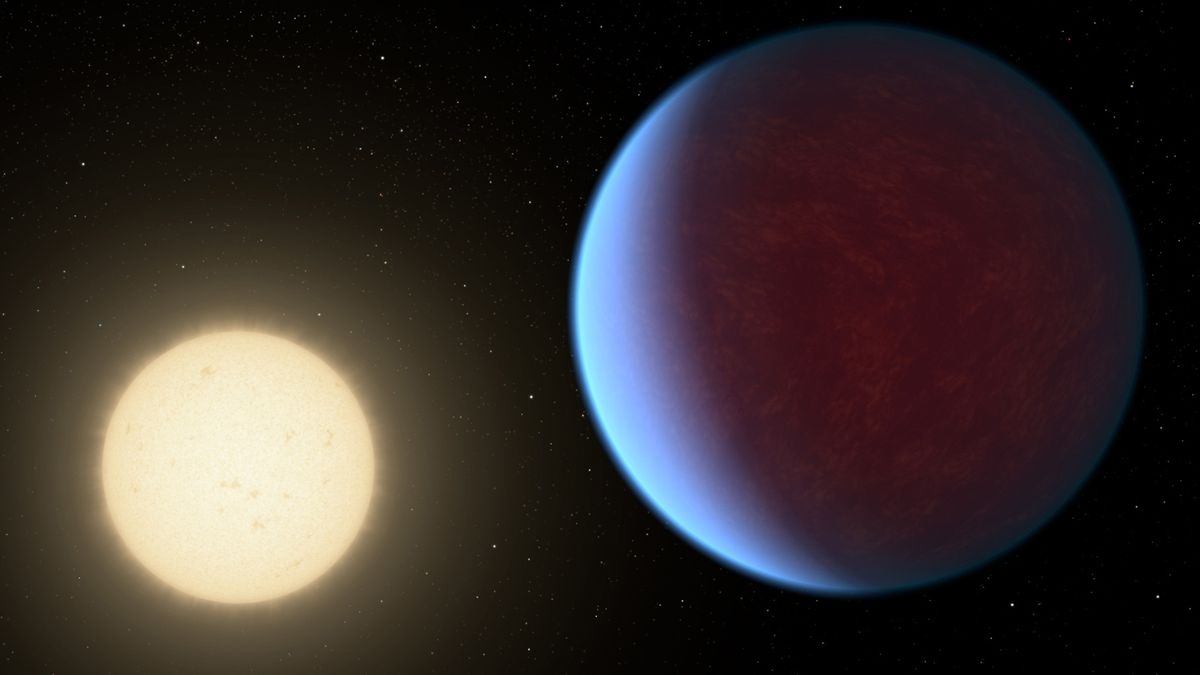Scientists avenge Pluto, claim 150 planets in our solar system

Perhaps it's the knowledge of this near hopeless case that recently prompted a group of scientists to apparently throw up their hands and give their go-for-broke demand of "Screw it. We don't just want Pluto back, we want another 150 goddamn planets added to the list."
A "planet," by their definition, is "any geologically active" body in space, which not only would rope Pluto back into the fold, but also moons like Europa, Enceladus and Titan, as well as the asteroid, Ceres. All in all, about 150 new "planets" to add to the existing eight.
Let's get building (some terrestrial planets)! | astrobites

Authors: Christoph Burkhardt, Fridolin Spitzer, Alessandro Morbidelli, Gerrit Budde, Jan H Render, Thomas S Kruijer, Thorsten Kleine
When you wake up in the morning, what's the first thing you think of? It probably isn't "how did the Earth form," but it might be! And if it is, that is one good, yet tricky question to ask.
The Vineyard Gazette - Martha's Vineyard News | Last Chance Four Planets

This weekend is probably your last chance to see all four visible planets lined up in the southwestern sky right after sunset.
Venus, the brightest, is low in the southwestern sky and right next to it is the fainter planet Mercury. This is low.
2021 In Energy - The Year We Seem To Travel On Separate Planets

2021 was a year in which climate change became tangible.
Many scientists and environmental advocates have a simple explanation for that, as well as a simple solution. They assert that the weather changes are being caused by global warming resulting from the "greenhouse effect" caused, primarily, by the use of fossil fuels.
Planets and constellations dancing in the night sky | Family | guampdn.com

Greetings everyone and Happy New Year! Start your sky-gazing this week by watching one of our beautiful sunsets.
As it begins to grow dark, you'll see four bright stars close to the western horizon. None of them are stars. The upper one is Jupiter, the middle one is Saturn and the two closest to the horizon are Mercury and Venus, Mercury on the left and Venus on the right.
Catch the Planets in the Nighttime Sky Before They Leave the Stage | The Examiner News

If you've had a few minutes and looked to the southwest over the last few months, maybe you've noticed and stared at the long line of bright planets that have stretched across that part of the sky since the summer and fall.
There's some uncertainty, but it's thought that our word planet came to us from the Greek word planetes, a reference to how these few objects appeared to wander among the other stars.
The 10 biggest exoplanet discoveries of 2021 | Space

The place that humans know most intimately in all the universe is a rocky planet called Earth. It makes sense, then, that humans are existentially driven to imagine what other such celestial bodies may be like.
The study of exoplanets , or planets beyond our solar system, helps address questions about our place in the solar system and in the universe.
Effects of capturing a wide-orbit planet on planetary systems: system stability and Habitable
Giorgi Kokaia, Melvyn B Davies, Alexander J Mustill, Effects of capturing a wide-orbit planet on planetary systems: system stability and Habitable Zone bombardment rates, Monthly Notices of the Royal Astronomical Society , 2021;, stab3659, https://doi.org/10.1093/mnras/stab3659
9 must-see stargazing events to watch in 2022

In 2022 the night sky promises to be full of cosmic wonders. A pair of total lunar eclipses —nicknamed "blood moons" for the deep shade of red the moon turns when bathed in Earth's shadow—will be visible to billions.
Here is a rundown of some of the most spectacular celestial phenomena worth circling on your calendar for the upcoming year.



Comments
Post a Comment